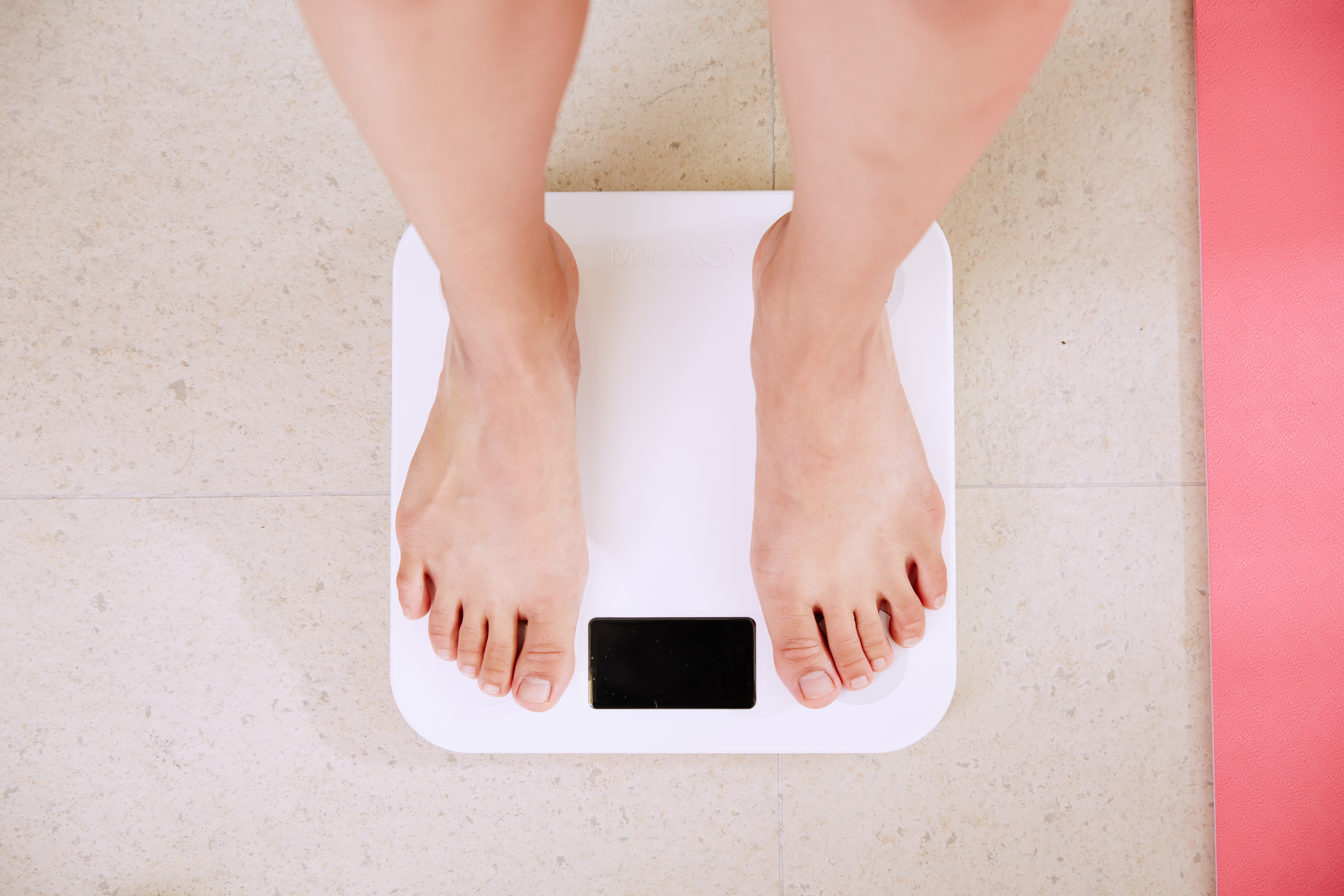Women are rebels. Today, more than ever, we want our voices heard, fight to redefine our role in society, want equal professional opportunities as men, and value our individuality and freedom of choice. When I see women who have done strides in all spheres of society where we used to be absent, I’m in awe of their power, strength and courage.
Nonetheless, I see that there’s one front where even the most empowered women are still being told what to do and obeying: the food we eat and how we should look. For some, this isn’t problematic at first sight, except there’s millions of women in the world for whom this is an obstacle to feeling happy. There are million of women for whom their self-worth and identity is intimately connected to the relationship with food and their body, and this impacts their performance at work, the quality of their personal relationships, and their mental health.
Doing anything to conform with the ideal body or diet—such as saying no to dinner with friends, spending hours keeping track of calories and macros, or taking appetite suppressant pills with serious side effects, is an area that we’ve overlooked in our journey towards equality. We’re being told what to eat.
In her latest book You Have the Right to Remain Fat, Virgie Tovar writes that “dieting is a survival technique, a way of attempting to feel control, a way of communicating to the culture that you understand what’s expected from you and are willing to act on those expectations obediently.” Tovar is an author, activist and a leading expert and lecturer on fat discrimination and body image in the US.
If this sounds rough, controversial or simply “too much” for some of you, that in itself is a sign that you’ve normalized what you learned as a little girl: fat is bad and thin is good. Fat is unhealthy, thin isn’t.
Normalizing means that we don’t question; that we take rules for granted and refuse to contradict them even when we suspect they don’t make sense. It means we restrict, obsess to control our food and we don’t inquire why or who are we doing it for.
You’ve normalized being told what to eat when you keep track of your calorie intake on an app or an Excel spreadsheet. You’re being told what to eat and obeying when you need to be on a formal diet to “eat healthy.” You’re being told what to eat when you’re offered a sweet potato and all you see are 112 calories, 26g of carbs and 2g of protein. I could go on.

Do you like dieting?
“Women diet because they have to. Not because they want to”, says Tovar. None of the women I work with enjoy dieting or obsessing about food. They want to feel sane again; they want their time back. Conforming and being told what to eat wouldn’t be that bad if it didn’t impact our emotions and mental state. That’s the difference between normal eaters and someone who has a difficult relationship with food.
If your life isn’t getting any happier or better as a result of controlling food, why not stopping?
Perfection doesn’t exist
The answer is that it ain’t easy to do. My believe is that you can work towards this freedom everyday, but there’s not such thing as being entirely free from our diet-loving, body-correcting culture. I speak from my own experience.
I’m not proposing that we should all aim at talking and behaving like Tovar or other fat activists, but I do know that awareness of the diet culture and questioning it results in some sort of freedom from food obsession.
You can start small by kindly questioning your eating decisions, your workouts, the clothes you wear. Or take it further and follow the advice of Savala Trepczynski, Executive Director of UC Berkeley’s Henderson Center for Social Justice, who says: “Stop dieting! Or otherwise divest from fat-oppressing aspects of our culture. The culture wants to destabilize you, rip away your dignity, and have you constantly hustling. But you can’t be in your professional power if you are constantly hustling for basic dignity!”
In the words of Lindy West, “you don’t have to do this perfectly”. In the SELF Weight Issue, she wrote “if you need to maintain a certain body size in order to feel like yourself, do it with kindness and self-reflection. Fight to remember that you are living inside of a cruel, toxic system, and when you hate yourself for gaining five pounds it’s because a billion-dollar industry conditioned you to feel that way for profit. Do everything you can to break that cycle for the next generation.”
The information provided on this post is for educational and informational purposes only and solely as a self-help tool for your own use.
Written by Lina Salazar.


